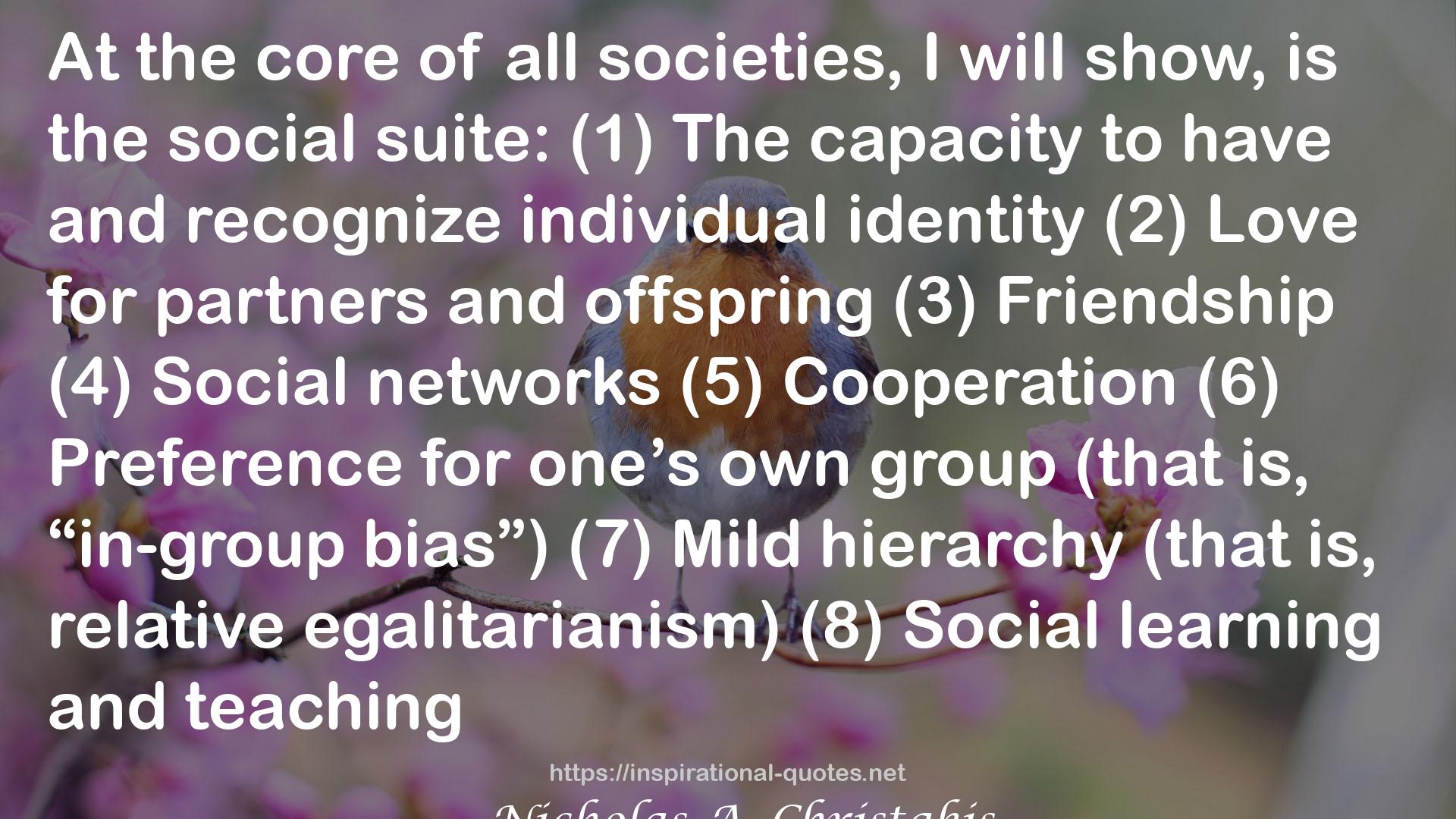6
" relations.50 The idea of collective child-rearing was not unique to kibbutzim. It has been periodically attempted as a desired social disruption since antiquity. Plato believed that raising children communally would result in children treating all men as their fathers and thus more respectfully.51 Communist societies have also been associated with collective child-rearing; the family is seen as a threat to state ideology because it fosters a sense of belonging to a family unit, and totalitarian ideology requires that family allegiance be subordinated to allegiance to the party or state. Liberal political theory has also struggled with the issue of the family being an obstacle to an egalitarian society (for example, because child care and family life generally impose greater constraints on women).52 But attempts to fundamentally restructure or minimize the bond between parent and child have very rarely, if ever, endured.53 While mild forms of collective child-rearing are found in cultures all around the world (and in some other mammalian species, as we will see in chapter 7), they typically involve forms of alloparental care, whereby relatives share child-care duties. Dormitory sleeping arrangements for infants (of the kind initially attempted by the kibbutzim) are extremely rare. A 1971 survey of 183 societies around the world found that none maintained such a system.54 As in many utopian communities, the organization of child-rearing was motivated largely by adult imperatives. If men and women were to be treated truly equally, collective parenting might be seen as an obvious structural necessity, regardless of its implications for individual children and their development. Historian Steven Mintz noted in Huck’s Raft, his sweeping work on American childhood, that almost every innovation in child welfare in the United States, including orphanages and subsidized child care, has been driven primarily by adult concerns. Of secondary importance were philosophical and pragmatic convictions about what was best for children.55 As radical as communes may be in some key respects, they generally play by adult rules in regard to children, whose needs and concerns have never been, as far as I can tell, the primary motivation for any utopian community (even though some of them had amazing schools and treated children kindly). Setting up utopias seems to be like sex in at least one way: it is oriented to adult satisfaction. "
― Nicholas A. Christakis , Blueprint: The Evolutionary Origins of a Good Society
10
" Think of how exposure to a foreign culture can be both a bracing and a reassuring experience. What starts as a heightened sensitivity to differences in attire, smells, appearances, customs, rules, norms, and laws yields to the recognition that we are similar to our fellow human beings in numerous fundamental ways. All people find meaning in the world, love their families, enjoy the company of friends, teach one another things of value, and work together in groups. In my view, recognizing this common humanity makes it possible for all of us to lead grander and more virtuous lives. "
― Nicholas A. Christakis , Blueprint: The Evolutionary Origins of a Good Society
16
" Seeing people only as members of groups is, he says, “inherently reductionist and dehumanizing, a collectivist and ideological abstraction of all that is original and creative in the human being, of all that has not been imposed by inheritance, geography, or social pressure.” Real, personal identity, he argues, “springs from the capacity of human beings to resist these influences and counter them with free acts of their own invention.” 5 "
― Nicholas A. Christakis , Blueprint: The Evolutionary Origins of a Good Society

